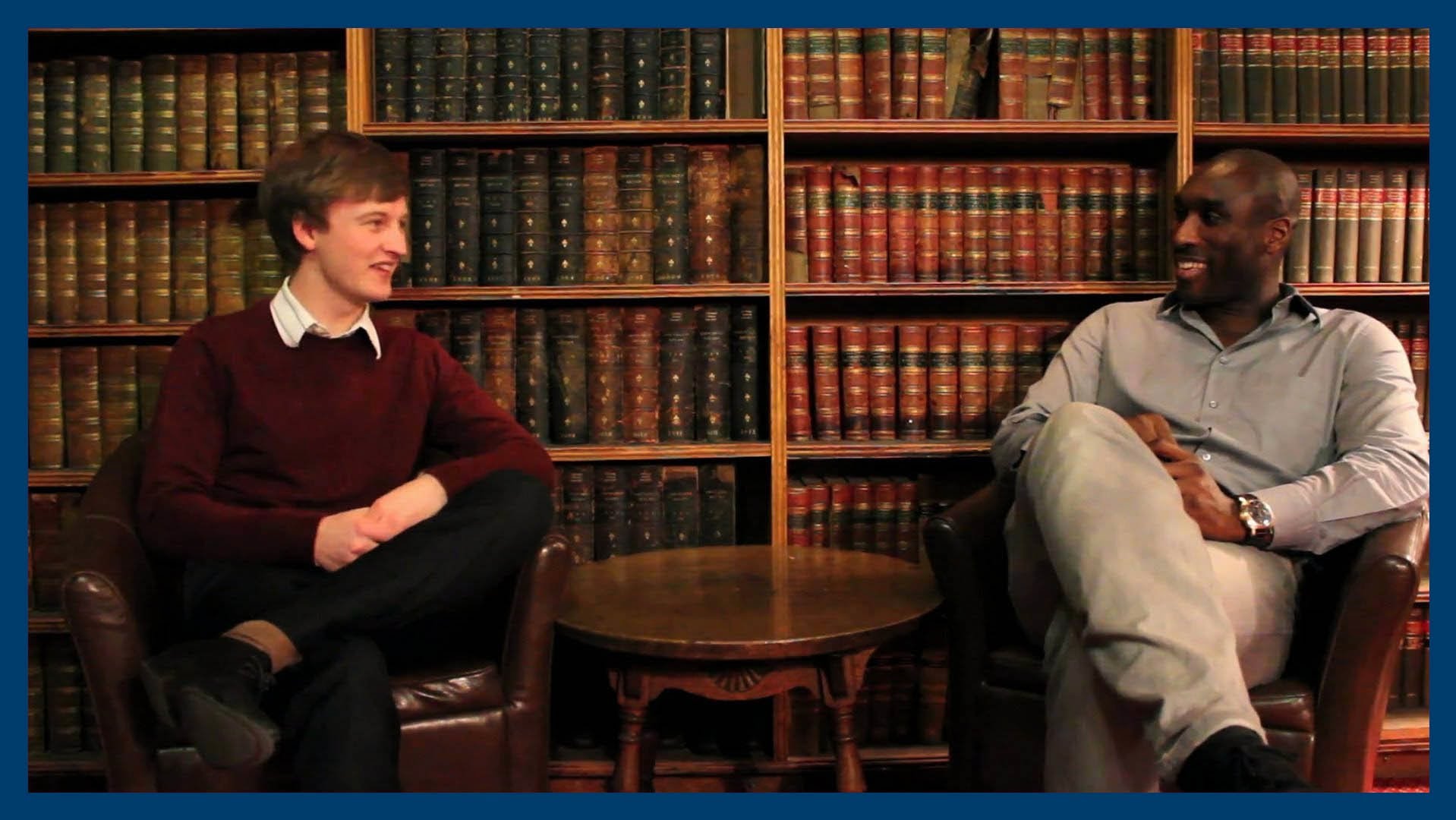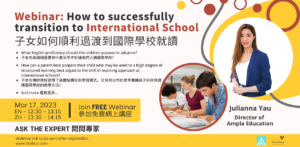March 03, 2021
 Many Oxbridge interviews for humanities subjects such as Law involve article analysis. A typical example is where the interviewer gives you 20 minutes to read and take notes on an article which you are expected to discuss with them in the interview. This blog post takes a look at how to apply the advice from last week’s blog post to a sample article.
Many Oxbridge interviews for humanities subjects such as Law involve article analysis. A typical example is where the interviewer gives you 20 minutes to read and take notes on an article which you are expected to discuss with them in the interview. This blog post takes a look at how to apply the advice from last week’s blog post to a sample article.
Case Study Article Link:
https://www.theguardian.com/commentisfree/2016/feb/25/surrogacy-sweden-ban

Summary of the Article
In one sentence: Surrogacy should not be legal as it commodifies human life and is exploitative of women – as the buyers, Europe should take responsibility and stop the industry.
In one minute: The author believes that surrogacy should not be legal because it commodifies human life and allows for the sale of human beings. She outlines several important cases that support her claim, such as the Baby M case. She supports Sweden’s choice to ban commercial and altruistic surrogacy within Sweden and prevent citizens to go to clinics abroad for surrogacy services. Proponents of surrogacy often argue that there cannot be exploitation in altruistic surrogacy because no money is involved. The author responds by arguing that the only benefit an altruistic surrogate would get is a ‘halo of altruism’ while having to risk her life and act as a vessel. As the buyers of surrogacy services, Europe should take responsibility and stop the industry, particularly in “baby factories” abroad.
If you are asked to explain the article to a layman, remember to assume they have no prior knowledge of the topic. You would have to explain what surrogacy is, what the difference between altruistic and commercial surrogacy is, and why some believe the industry to be exploitative, before explaining the author’s opinion.
Forming an Opinion
If you agree with the author, you may take a hardline stance and argue that all types of surrogacy should be banned because of its inherently problematic nature. You could argue that this is because it amounts to baby-selling – rather than paying for a service, by paying a surrogate mother someone is actually buying a baby. Couples often go abroad for surrogacy services as they are much cheaper, but this results in the exploitation of surrogates. Women could be in the trade due to duress, or surrogacy may have been the only financial option for them, in which case they would not have truly consented. Without legal frameworks in place or proper enforcement, these women are left without any protection if something goes wrong.
You should take caution if you want to agree completely with the author. Unless you can think of additional arguments and concrete examples that have not been mentioned in the article, it may seem like you cannot come up with an opinion of your own. If you do agree with the author’s perspective, it may be wise to partially agree but take your own stance on the issue. For example, you could argue that rather than banning all types of surrogacy, only commercial surrogacy should be banned. Another example would be to argue that instead of banning surrogacy, more should be done to create legal frameworks that are abided by in countries which ‘exploit’ surrogates.
Potential Counterarguments
During the preparation time, it is helpful to consider some potential counterarguments for your own arguments. These are some examples:
- It is arguable that surrogacy is not baby-selling because what the buyers are paying for is not the baby, but rather the service of having a woman carry a child on their behalf.
- Some surrogates may be very well informed and choose to get involved in surrogacy to help couples who are infertile or unable to conceive to have children.
- Rather than banning the whole industry, it would be better to introduce regulations to police the industry and to introduce better enforcement.
- Women should be allowed to exercise autonomy and choose to become surrogates if they want to.
- If surrogacy is banned, the industry may go underground which could result in more exploitation.
After thinking of counterarguments, it is a good idea to come up with some rebuttals. For example, a rebuttal for the 3rd counterargument is that from a practical standpoint, it would be virtually impossible to force other countries to introduce regulations. Even if they do so, it could be very challenging to ensure there is good enforcement, as it would involve a lot of money and training that the country’s government may not be able to afford or may not want to use on policing surrogacy. There is also the question of which international body would be given the task of monitoring the level of enforcement of surrogacy rules in each country.
Raising Questions
Do not forget that if there are any particular terms or concepts mentioned in the article you are unsure about you can clarify them with the interviewer. It is advisable to ask for clarification before the discussion. A potential question you may have is other than Sweden, are there any other countries that have completely banned surrogacy? Another question could be what exactly are the ‘baby factories’ in Asia like?
Let us know if you have any questions and good luck with your interview!
To find out more about Ampla Education’s interview coaching and university application services, contact us at info@ampla-edu.com
______________________________________________________________
Resources for school and university interview preparation:
- Interview Techniques – Highlighting Personal Experiences & Achievements
- Ampla’s Secrets for Interview Coaching
- The Oxbridge Interview – Article Analysis
- How to Prepare for an Oxbridge Law Interview
- Are US College Admissions Interviews Necessary?
________________________________________________________________________
______________________________________________________________
Educated at the Chinese International School, Cara obtained a Bachelor of Arts degree in Law from the University of Cambridge and is currently studying for a Masters in Law. While at Cambridge, she was the Treasurer of the Cambridge University Law Society and was heavily involved in performing theatre. Cara has worked at the Cambridge University Law Faculty Open Day and as a Peterhouse Student Ambassador as she enjoys advising and helping prospective university applicants with the application process.
________________________________________________________________________
© Ampla Education - Unauthorised use of this material without permission is strictly prohibited. Excerpts and links may be used, provided that full credit is given to Ampla Education.



















